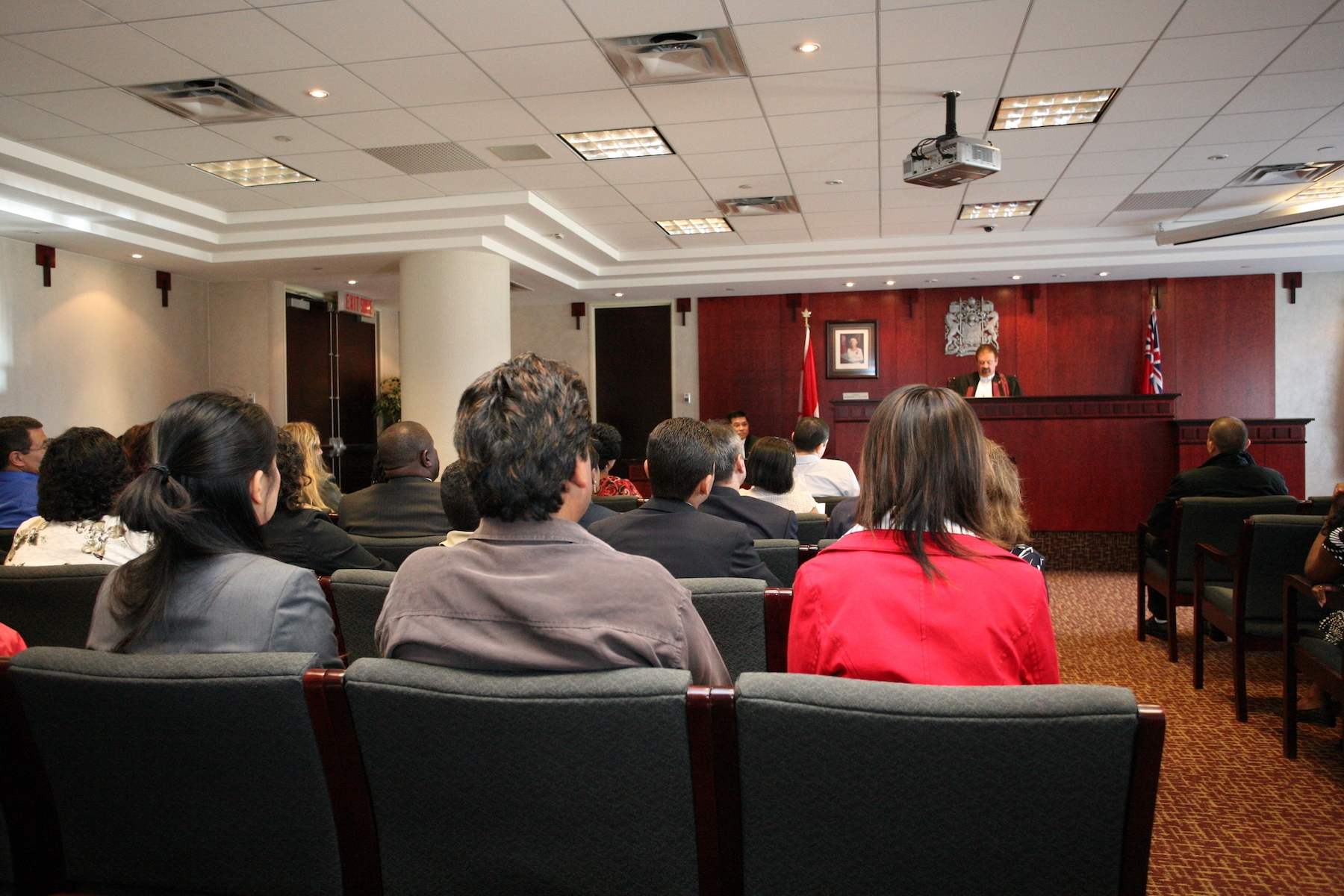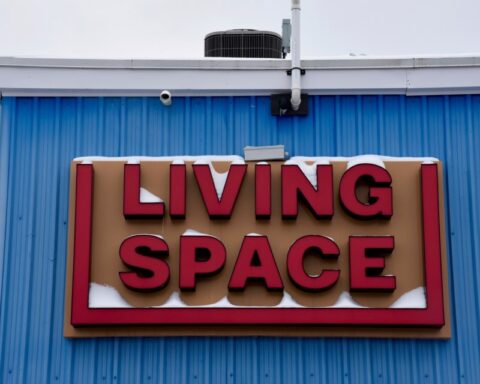As part of the Liberal Party’s reconciliation plan, the federal government is proposing an amendment to the Citizenship Act that would change the Oath of Citizenship to include Indigenous rights. But while some activists celebrate the move, others wish the government was doing more.
Each immigrant officially becomes Canadian after swearing the Oath of Citizenship. The words of the oath are, “I swear (or affirm) That I will be faithful and bear true allegiance to Her Majesty Queen Elizabeth the Second Queen of Canada her Heirs and Successors and that I will faithfully observe the laws of Canada and fulfil my duties as a Canadian citizen.” A French version of the oath is also available. The bill, if passed, will add the words “including the Constitution, which recognizes and affirms the Aboriginal and treaty rights of First Nations, Inuit and Métis Peoples.”
“The Oath is a solemn declaration that all newcomers recite during the citizenship ceremony. With this amendment, we are changing the Oath of Citizenship to be more inclusive, and taking steps to fundamentally transform the nature of our relationship with Indigenous Peoples,” read a statement by Minister of Immigration, Refugees and Citizenship Marco Medicino.
More work needed for reconciliation
The words of the current oath give a good deal of deference to the Queen and the Royal Family. Missing from it is any acknowledgement of Canada’s First Peoples, who came well before European settlers.
“I think that they could include [Indigenous history] in school for school-aged children,” said Phyllis McKenna, who belongs to the Ojibwe and Odawa peoples. Mckenna considers the proposed change a step in the right direction but believes the government is not doing enough.
“If we’re talking about Truth and Reconciliation; teaching the truth of our history, of Canada not so much being a land of milk and honey when there are actually Third World conditions still happening,” Mckenna added. She used to be the chair-person of the Canadian Federation of Students’ Circle of First Nations, Métis, and Inuit Students caucus. She also served a term as vice president of equity and campaigns for Continuing Education Students’ Association at Ryerson (CESAR), and she still does some speaking events.
This change to the Citizenship Act was one of the 94 Calls to Action (CA) created by the Truth and Reconciliation Commission (TRC). In 2015, the TRC published these CAs as a guide on how to close the severe structural and systemic gaps in Canadian society that held the Indigenous Peoples back. The call to action regarding the Citizenship Act is number 94, the final one.
It should be noted that attempting to implement number 94 does not mean the reconciliation process is by any means complete. A 2019 report by Yellowhead Institute states that Indigenous Peoples still don’t receive adequate health care compared to all other peoples of Canada.
“No meaningful plans have been implemented that promise to reverse the disproportionate number of Indigenous peoples in Canada’s prisons or, for that matter, to close the health care gap that leads to shorter life expectancy for Indigenous peoples,” reads the report. It also says that by 2018, only eight CAs had been implemented. That number increased to 9 by the end of 2019.
Lorraine Whitman, president of the Native Women’s Association of Canada, struck a more cautiously optimistic tone and said she was “all for it. Any new person coming into our country as a Canadian citizen should be aware [of Indigenous rights].” A Mi’kmaq by birth, she thinks the potential change reflects the Indigenous People’s welcoming attitude to newcomers, the same they had shown to the European settlers.
“If it weren’t for the Indigenous people of Canada, many of the Europeans would never have survived,” Whitman told NCM. “I’m from the east coast, and that was the open door where the ships first came in. They didn’t know how to deal with our cold climate, they didn’t know what foods were available to eat, they didn’t have the proper clothing. We were able to assist them.”
However, much like Mckenna, Whitman acknowledges that reconciliation and undoing the legacy of settler culture has a long way to go. “We need that education component that has not been given out before,” she said. “We have a dark chapter in our history. That also has to be told, so that the new citizens are aware of what’s happened, where we are today and we still open our hearts and arms for new people.”
Mansoor Tanweer is New Canadian Media’s Local Journalism Initiative reporter on immigration policy. An immigrant himself, he has covered municipal affairs and the Brampton City Council in addition to issues relating to newcomers over several years.





